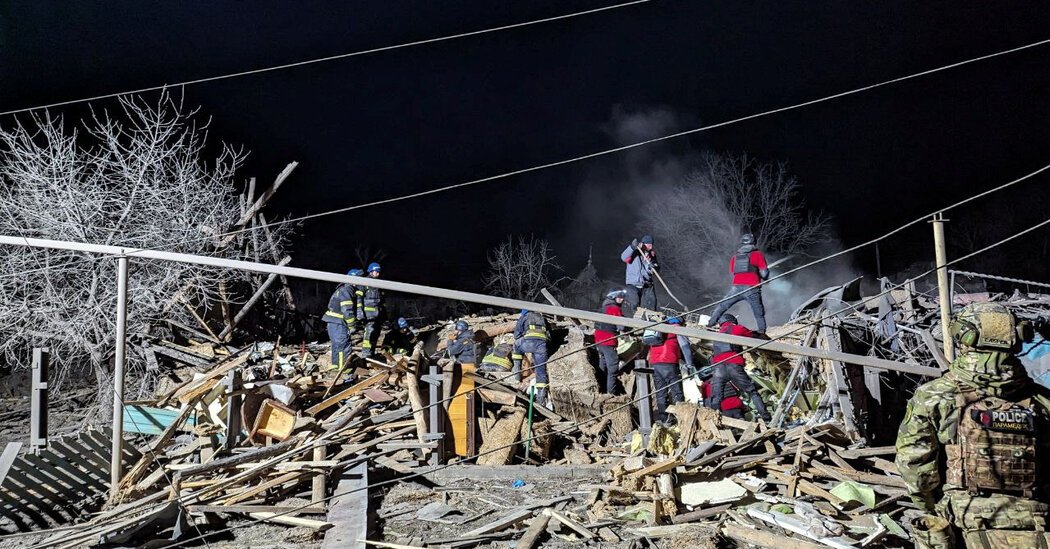Environmental activists are expressing their anger over the agreement reached between President Biden and Republicans to raise the debt ceiling, as it includes provisions that would accelerate the construction of a highly controversial gas pipeline and shield it from judicial review. The Mountain Valley Pipeline, a $6.6 billion project intended to transport natural gas across West Virginia and Virginia, has long been opposed by environmentalists and many Democrats. The inclusion of the pipeline in the debt limit deal has drawn condemnation from various environmental groups, with protests being planned in response.
Critics have raised concerns about the financial connections between the pipeline’s companies, such as NextEra Energy, and influential politicians like Senator Joe Manchin III and Senator Chuck Schumer. They argue that this influence may have played a role in the pipeline’s inclusion in the deal. While the White House justifies the pipeline’s inclusion as part of an agreement made with Senator Manchin in the past, opponents argue that the potential environmental and climate impacts outweigh any perceived benefits.
The agreement has raised questions about the protection of the pipeline from legal challenges and the bypassing of the normal permitting and review process. Opponents argue that ongoing court cases and environmental concerns should not be ignored, and they are considering legal options to challenge the deal. Senator Tim Kaine and Virginia’s House Democrats have pledged to file amendments to remove the pipeline language from the debt limit bill, citing climate and environmental justice concerns.
The fast-tracking of the Mountain Valley Pipeline has sparked concerns among activists who fear it could jeopardize President Biden’s support among young, climate-minded voters. They view the approval of multiple fossil fuel projects, including the pipeline, as contradictory to the administration’s climate goals. However, proponents argue that compromise is necessary in a divided Congress, and the inclusion of the pipeline may help secure important legislation, such as the Inflation Reduction Act, which includes substantial funding for clean energy projects.
The debate surrounding the pipeline’s approval reflects larger tensions within the Democratic Party over climate policy and the need for political compromise. Some experts argue that the potential benefits of keeping the Inflation Reduction Act intact and ensuring the reelection of Senator Manchin outweigh the environmental concerns associated with the pipeline. Ultimately, the long-term impact on climate policies and politics will be a critical factor in assessing the outcome of these decisions.





